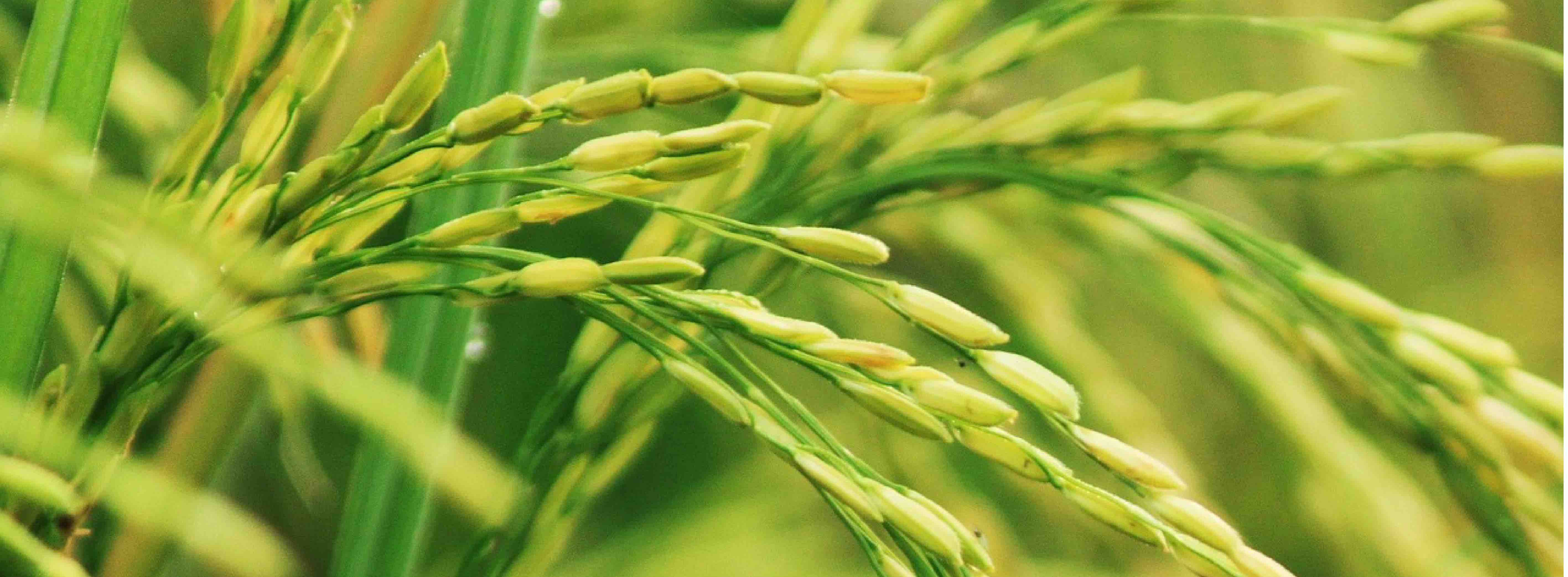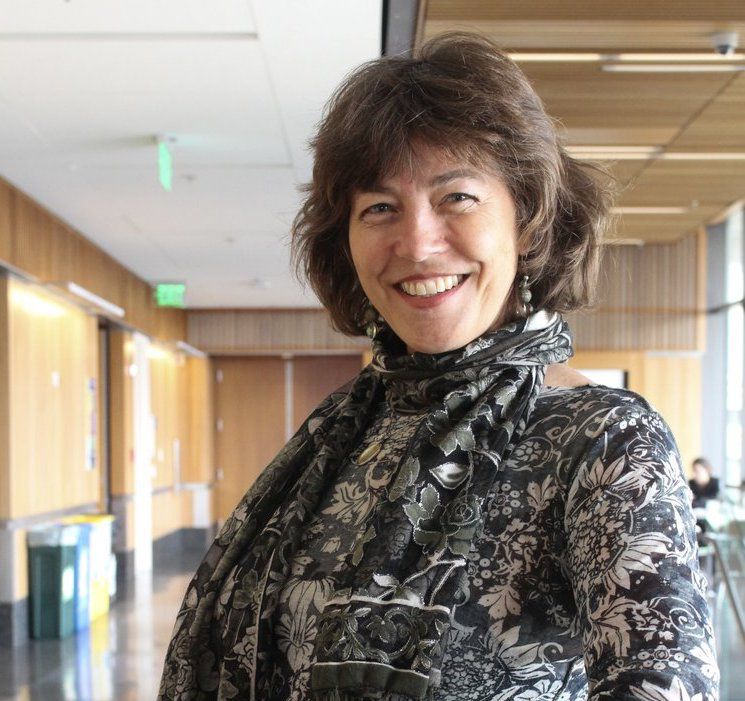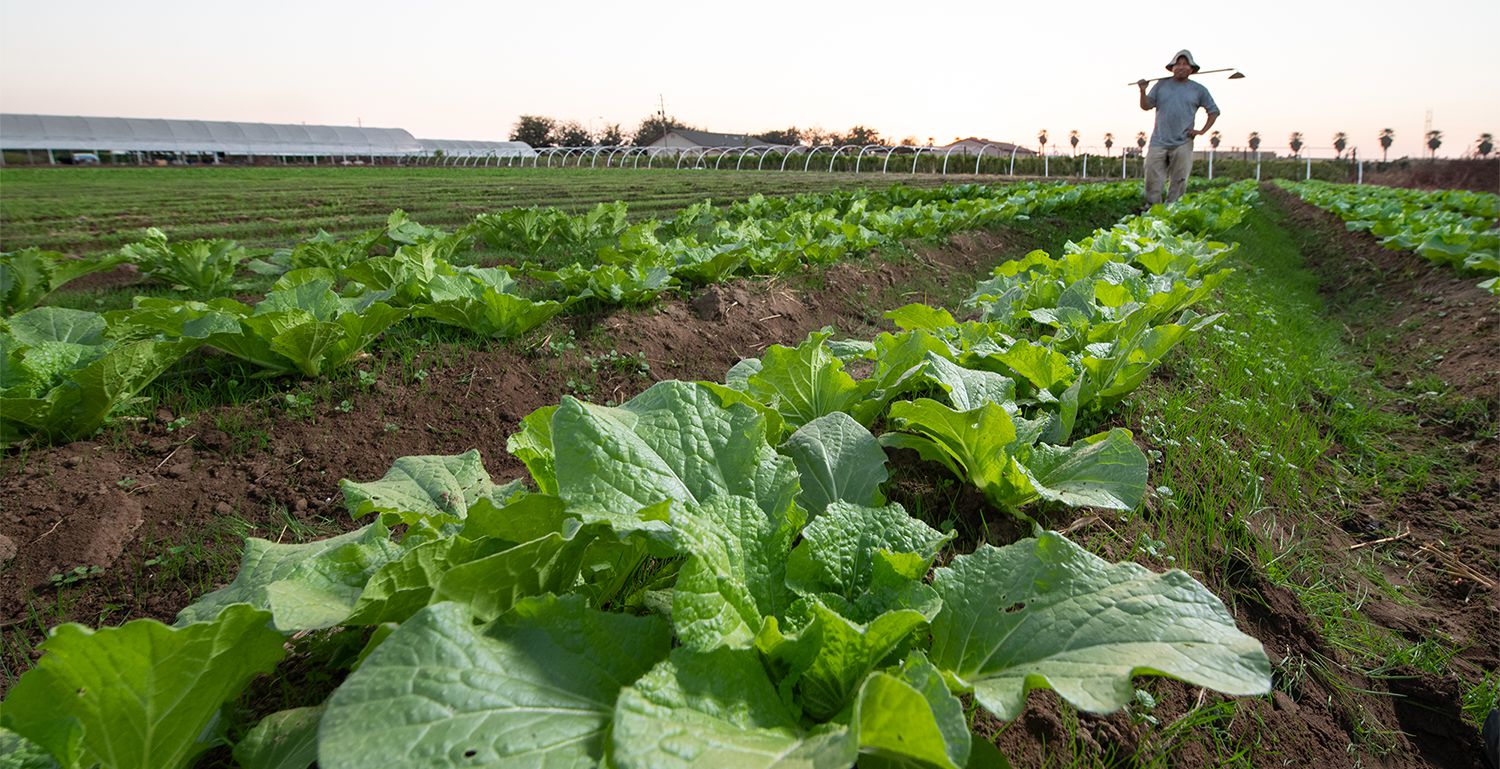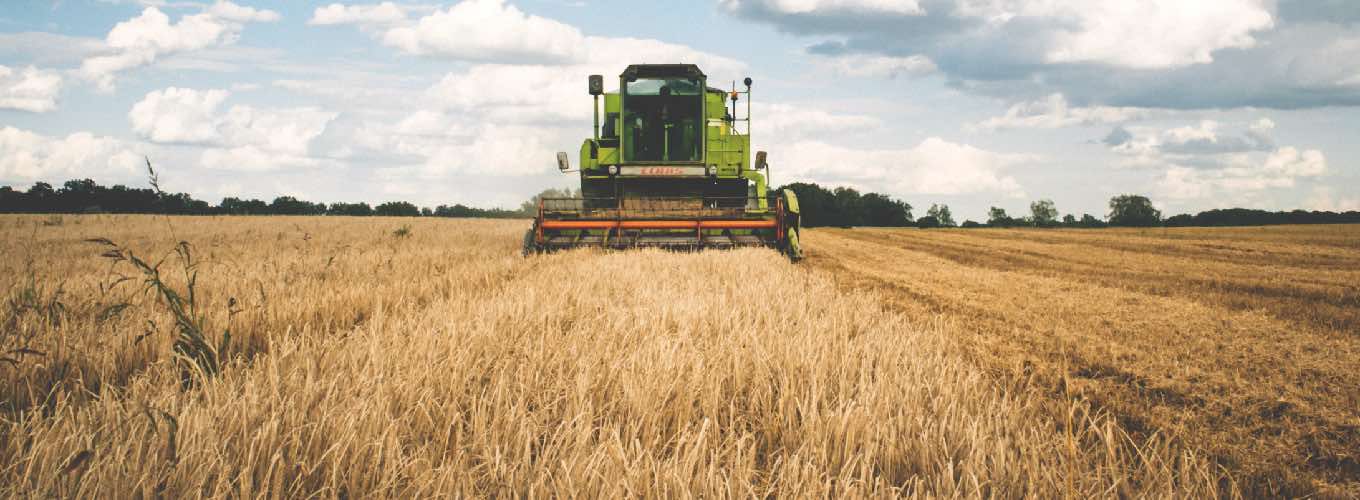Genomics
Institute
Impacts of virtual mentoring on STEM students
COVID-19 has had dramatic effects on higher education. We are studying how mentor-mentee relationships in the sciences have been impacted by the transition to virtual mentoring, uncovering best practices for student retention and success.
SHARE:
Science research experiences are critical to the development of the next generation of our scientific and technical workforce, and educational researchers have documented the importance of mentors and mentorship to successful learning and research. The emergence of COVID-19 has forced many mentors to transition their work with students to a virtual format, while others have had to cancel research projects altogether. Considering the impact of mentor-mentee relationships on student learning and career success, it is critical that we understand what is happening now with “virtual mentoring."
Through observations of mentor-mentee interactions (via virtual platforms), we will look for the presence or absence of certain practices thought to support the growth, development, and retention of diverse students in scientific careers. It is critical for us to retain students in the sciences — especially those from underrepresented groups — and this study will reveal how mentoring practices can be most effective in virtual settings. There are implications for distance learning and mentoring in other contexts, as well. As we move forward with widespread implementation of virtual teaching, mentoring, and collaboration, this work will help us to understand how we can improve these practices as a community.
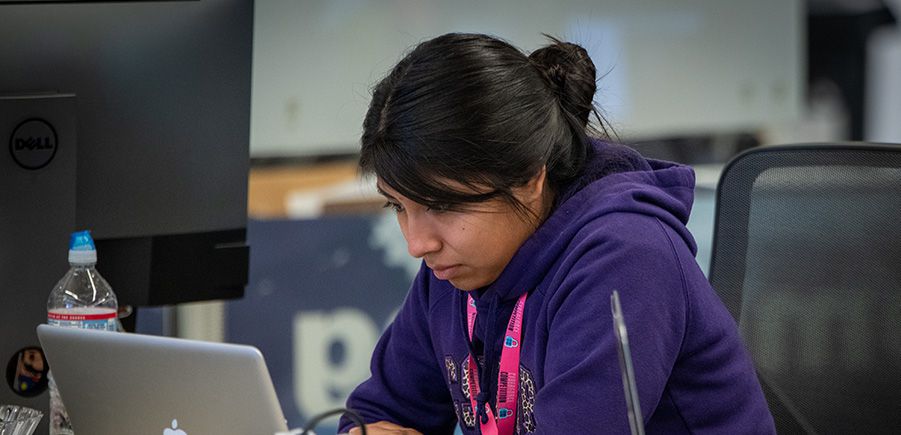
Share this project:

